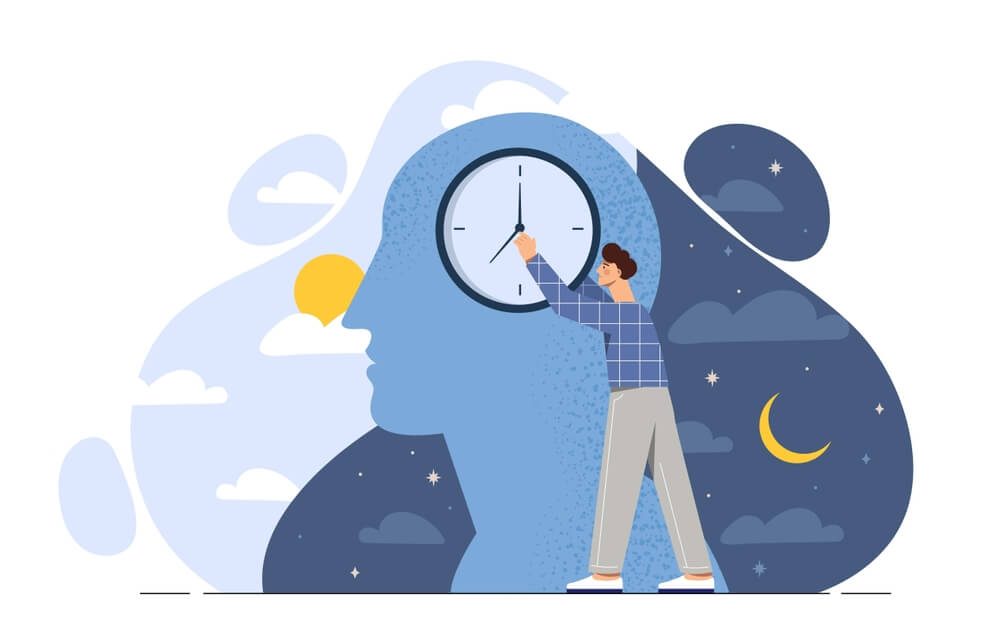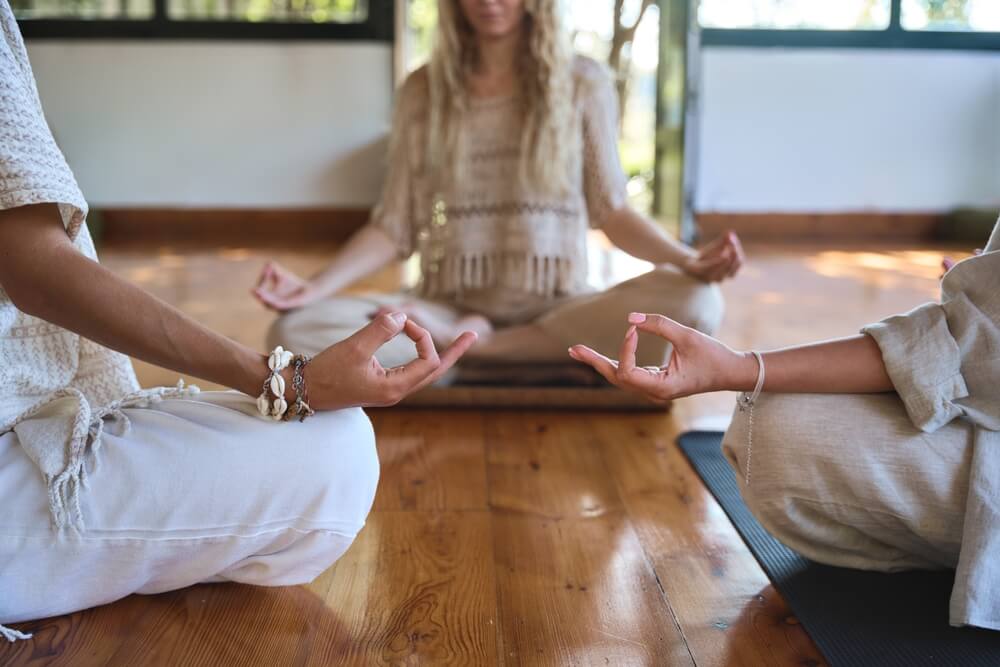by Sajjad Nawaz

Sleep is one of the most crucial pillars of a healthy lifestyle, yet it’s often the first to suffer in our busy lives. Whether you’re an entrepreneur grinding late into the night, a digital marketer chasing deadlines, or someone like me—Sajjad Nawaz, building a better life in Pakistan through persistence and purpose—rest often takes a back seat. But here’s the truth: you can sleep better naturally, and in this blog post, I’ll walk you through 5 evidence-based tips that work without needing pills or expensive gadgets.
Why Sleep Matters (More Than You Think)
Sleep isn’t just “rest.” It’s a powerful reset button for your brain and body. Studies show that poor sleep can lead to reduced focus, mood swings, weight gain, and even chronic illnesses like heart disease and diabetes. For those of us hustling hard—especially in fields like digital marketing, where creativity and sharp thinking are essential—lack of sleep is like trying to drive with an empty fuel tank.
According to the CDC, adults need 7–9 hours of quality sleep per night. Yet nearly one in three people don’t meet this standard. That’s where natural solutions come in—effective, science-backed, and sustainable.
Tip 1: Embrace a Consistent Sleep Schedule
Consistency is the unsung hero of better sleep. Going to bed and waking up at the same time—even on weekends—helps regulate your body’s circadian rhythm (your internal clock). The National Sleep Foundation emphasizes that irregular sleep patterns confuse the brain, making it harder to fall asleep or feel refreshed.
Action Step: Set a fixed sleep window. For example, sleep from 11 PM to 7 AM every day. Stick to it for two weeks, and you’ll likely notice a big difference in sleep quality and energy levels.
Bonus: Use apps like Sleep Cycle or your phone’s built-in clock for gentle wake-up alarms during light sleep phases.
Tip 2: Power Down Screens at Least 60 Minutes Before Bed
Digital devices emit blue light, which interferes with melatonin—the hormone responsible for making you feel sleepy. As someone working in WordPress development or SEO, staring at screens is part of the job. But taking steps to reduce exposure before bed pays off.
Stat Alert: A Harvard study found that blue light suppresses melatonin levels twice as much as other light types.
What to Do Instead:
- Read a book (my favorite wind-down activity too!).
- Listen to soft music or a sleep-focused podcast.
- Try light journaling or meditation.
Pro Tip: If you absolutely must use your device, activate Night Shift or blue light filters like f.lux..
Tip 3: Create a Sleep-Inducing Bedroom Environment
Your bedroom isn’t just a room—it’s your sanctuary. To sleep better naturally, you need to optimize your environment for calm and comfort.
What Science Recommends:
- Cool room temperature (between 16°C to 19°C).
- Blackout curtains to block light pollution.
- White noise machines or ceiling fans to mask disruptive sounds.
If you live in a place with frequent power issues (like in my town, D.I. Khan), simple fixes like cotton earplugs and an eye mask work wonders too.
Less is more: Declutter your space and avoid working in bed. Your brain should associate bed = sleep.
Tip 4: Be Mindful of What You Eat and Drink
Nutrition plays a bigger role in sleep than most people realize. That late-night spicy biryani or strong cup of chai might be why you’re tossing and turning.
Foods That Help You Sleep Better:
- Bananas (contain magnesium and tryptophan)
- Almonds and walnuts
- Oats and chamomile tea
What to Avoid:
- Caffeine after 3 PM (coffee, cola, chocolate)
- Heavy meals late at night
- Too much water right before bed (interrupts sleep with bathroom trips)
The sleep-gut connection is real. Treat your digestive system kindly and it’ll return the favor during bedtime.
Tip 5: Practice Relaxation Techniques (Backed by Neuroscience)
Anxiety, racing thoughts, and stress are common enemies of good sleep. That’s why relaxation isn’t just a luxury—it’s a necessity.
Top Natural Methods:
- Deep Breathing (4-7-8 technique)
- Progressive Muscle Relaxation
- Mindfulness Meditation: One study published in JAMA Internal Medicine found that mindfulness improved sleep quality significantly over six weeks.
You don’t need a fancy setup. Just find a quiet corner, close your eyes, and let go. I often practice mindfulness to cope with stress from financial challenges—and the inner peace truly helps.

Final Thoughts: Your Sleep Is Worth the Effort
Improving your sleep doesn’t require expensive products, high-end mattresses, or miracle supplements. You just need awareness, intention, and consistency. These 5 evidence-based tips—setting a regular schedule, limiting screen time, optimizing your space, eating wisely, and learning to relax—can help you sleep better naturally and reclaim your energy, focus, and emotional wellbeing.
If you’re a freelancer, digital marketer, or just someone on a journey to build a better life like I am, remember: You deserve rest as much as you deserve success.
How to Sleep Better Naturally: 5 Evidence-Based Tips That Work
Now that we’ve explored these practical strategies, it’s clear that learning how to sleep better naturally isn’t about overnight transformation—it’s about consistent, meaningful changes. Whether it’s dimming screens early, sipping chamomile tea, or embracing deep breathing techniques, small shifts in your daily routine can lead to big improvements in your sleep quality. Think of each tip as a building block toward a more balanced, energized you. And the best part? These changes fit seamlessly into any lifestyle—especially for goal-driven people juggling growth, stress, and ambition.
Did You Find This Helpful?
Let me know in the comments! And if this post helped you, share it with a friend who could use a good night’s sleep. Better sleep starts with small steps—take yours tonight.




